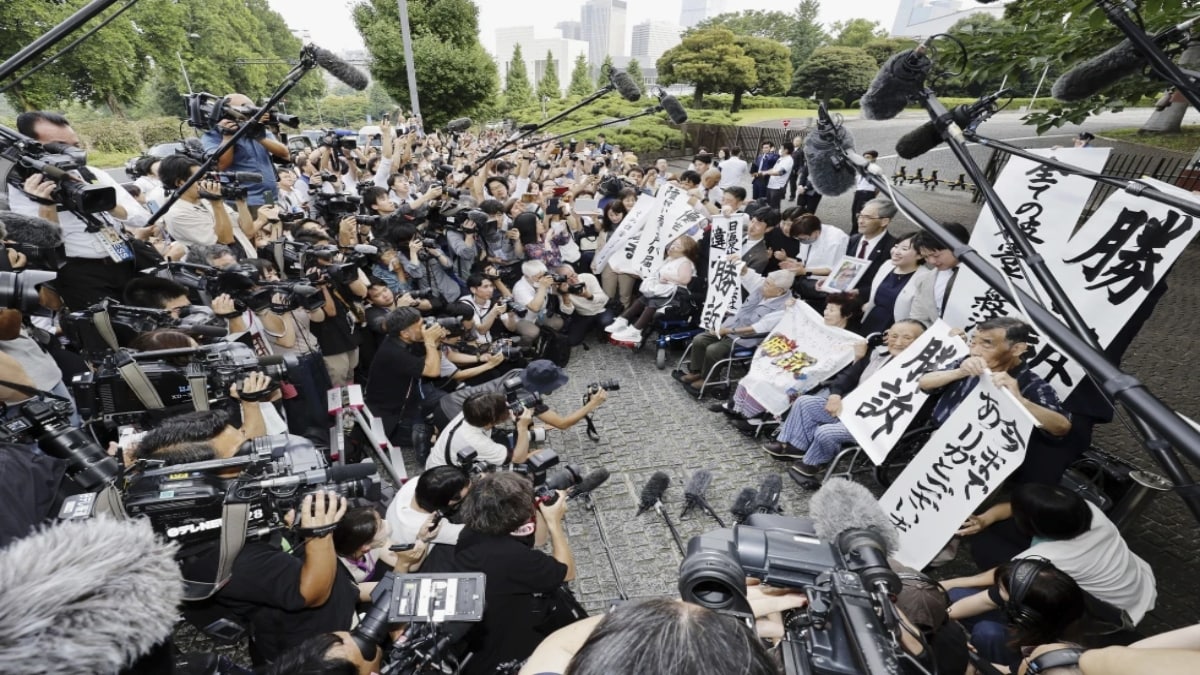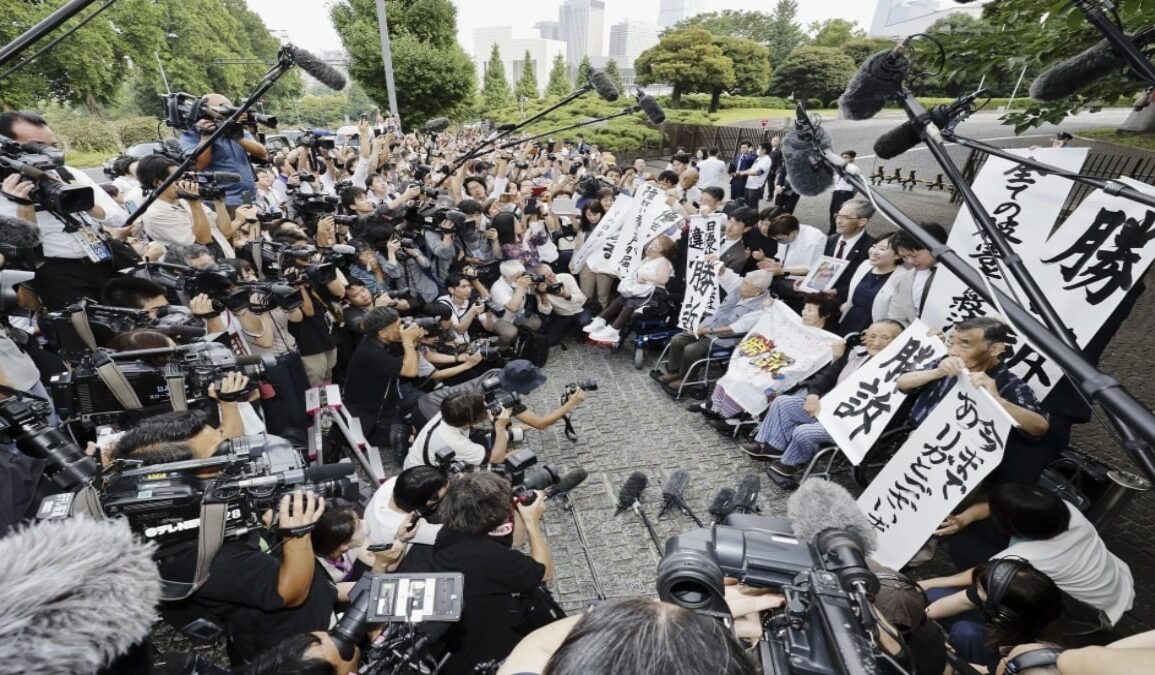
The top court’s decision offered a major relief to the victims who had been seeking justice for decades
read more
In a landmark judgement, Japan’s Supreme Court has ordered the government to compensate the victims of the forced sterilization surgery, despite a 20-year statute of limitations coming into play. The court stated that the victims of the barbarian program should be duly compensated on the basis of the now-defunct eugenics law was unconstitutional, The Japan Times reported.
The top court’s decision offered a major relief to the victims who had been seeking justice for decades. These victims were forced to undergo sterilization surgery without their consent or awareness. Most of the victims were suffering from physical and mental disabilities when they were forced to undergo the surgery.
According to The Japan Times, it was a unified ruling from the Supreme Court that covered five similar lawsuits which were filed in Osaka, Tokyo, Sendai, Kobe and Sapporo. Interestingly, this was also the first time the Japanese court handed down a decision on forced sterilization.
What did the ruling say?
It is pertinent to note that this is the 13th case in postwar Japan which the country’s court has referred to as unconstitutional. According to The Japan Times, the case was presided over by Judge Saburo Tokura. The Supreme Court justice mentioned in the ruling that eugenics law “was significantly against the idea of respect for individual dignity and personality” and in violation of Article 13 of the Constitution.
The ruling called the draconian law “discriminating” towards people with disabilities and maintained that such discrimination is also unconstitutional.
Justice Tokura also maintained that the government’s argument that the victims cannot seek compensation because the statute of limitations has passed is “unacceptable” and goes against the “idea of justice and fairness.” Furthermore, the Supreme Court also condemned the ¥3.2 million lump sum payment offered to the victims in the past as “too little” and does not hold the government accountable.
In 2019, the first ruling over the matter at the Sendai District Court found the eugenics law to be unconstitutional but dismissed compensation claims due to the statute of limitations. Since then, the plaintiffs have been losing cases in lower courts across the country.
However, things started to change in 2022, when the Osaka High Court ordered compensation to be made, criticizing the application of the statute of limitations as unjust.
The horrors of the Eugenics law
The controversial Eugenics law was first enacted in 1948 to address the rapidly growing postwar population in a country which was struggling to keep its economy floating amid the sanctions.
The law allows the government to sterilize individuals with hereditary, mental or physical disabilities in order to “prevent the birth of inferior offspring.” The law was eventually revised as the maternal protection law in 1996 and the eugenics clause was removed.
A parliamentary report has revealed that around 25,000 individuals were subjected to sterilization surgeries. Out of this, 16,500 operations were performed without the consent of the individuals concerned, and often involved deception and unsafe methods.
In response to the report, in 2019, the parliament passed a bill to provide a lump sum payment of ¥3.2 million to each of the victims of the eugenics law. The government eventually issued an apology, saying that, “as the enforcer of this law, we sincerely regret this and apologize deeply.”
However, the plaintiffs argued that it was not a clear-cut apology. Speaking to reporters after the ruling Japanese Prime Minister Fumio Kishida apologized to the victims and said that he plans to meet with them by the end of the month to apologize in person.
“I’ve instructed Minister Kato to consider measures to draft a new compensation framework in a swift manner,” he said, referring to Ayuko Kato, the state minister in charge of creating an inclusive society, and Justice Minister Ryuji Koizumi.


